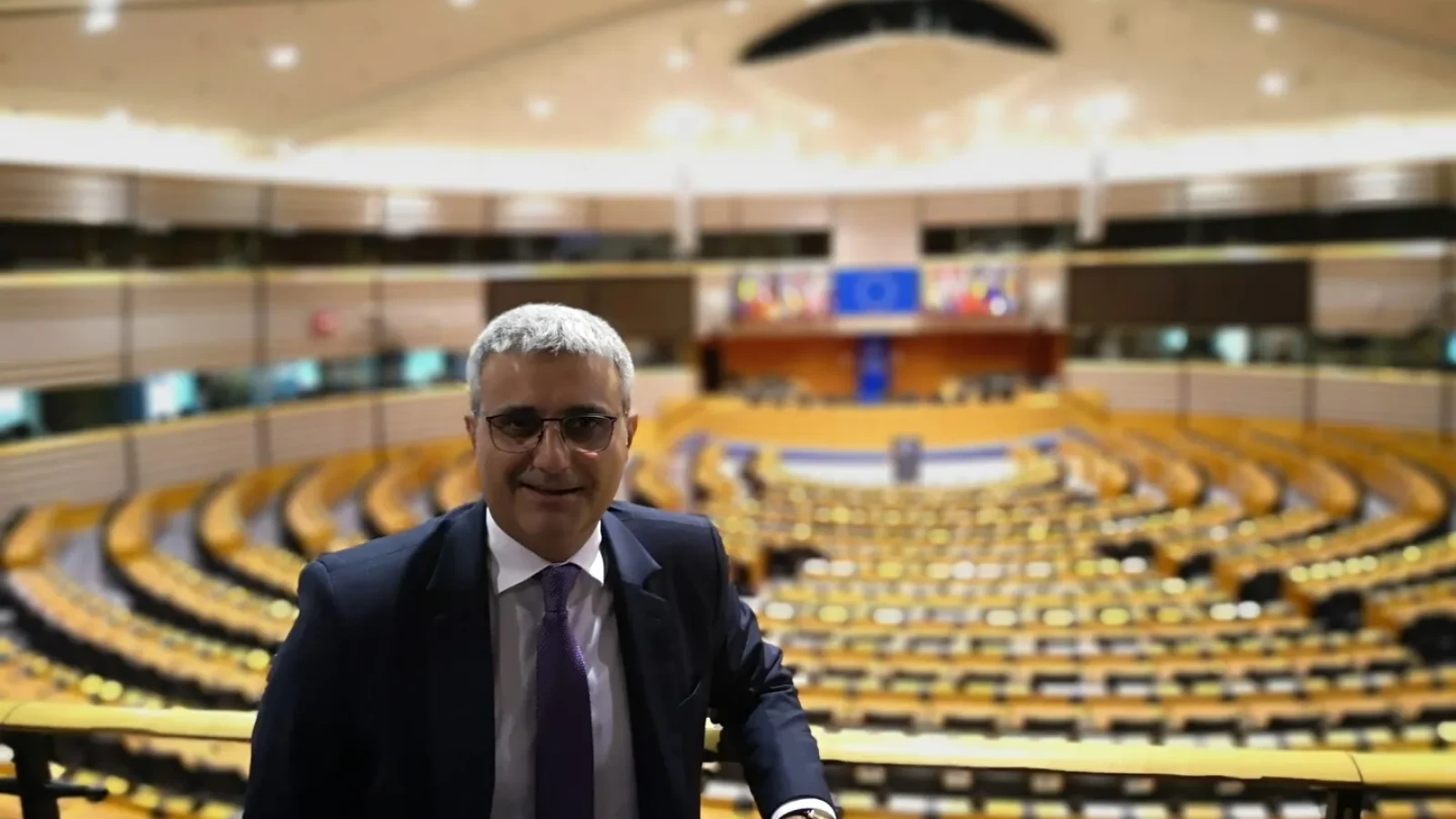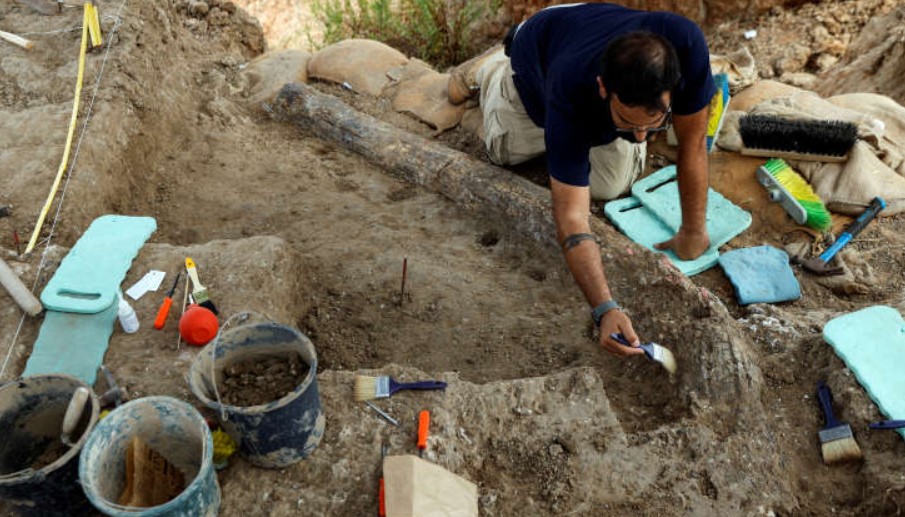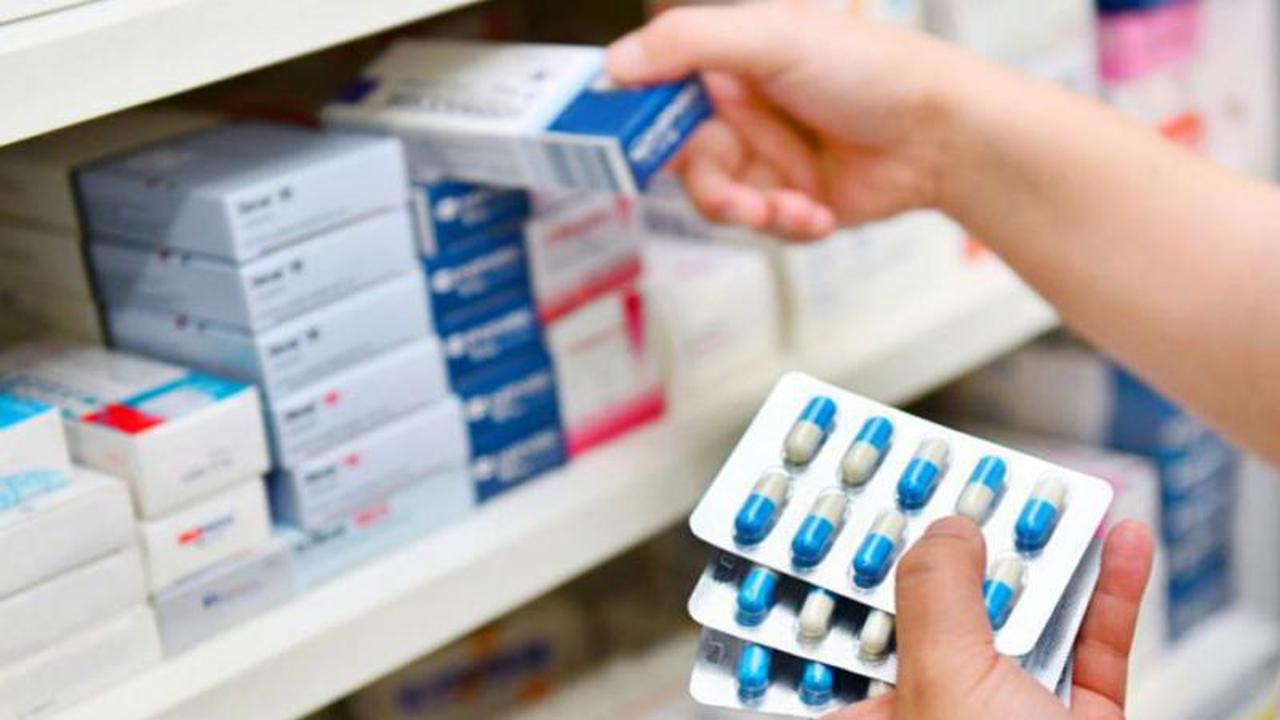Romania spends at least 0.4% of GDP annually, that is EUR 1.35 billion per year, on the effects of addictions in minors, reveals a national study on the economic and social impact of addictions of minors in Romania, conducted by the Bucharest School of Economics (ASE), commissioned by the Eu te iubesc Association and the Large Families Association.
The study analysed only children who had already dropped out of school in 2024.
The research called "The economic and social impact of addictions in minors in Romania", indicates that addictive behaviours of minors in Romania are associated annually with approximately 55,000 medical cases, 49,000 in the area of justice and public order, 41,000 in social work, along with 191,000 educational incidents and 90,000 cases of parental productivity losses.
Professor Mihaela Mosora believes that Romania needs a consistent and applied national strategic framework focused on prevention, support and proportional risk management, supported by inter-institutional cooperation and operational continuity.
"If the prevalence of addictive behaviours is not reduced, costs will increase from year to year, as the educational and health effects pile up and translate into recurring expenses and lower productivity at the cohort level. The fight against addictions becomes a condition for the economic competitiveness and demographic security of the country, which requires an integrated and evidence-based national response. In the face of these data, exclusively punitive responses have proven to be insufficient: although penalties have increased in recent years in specific areas, teenage consumption and exposure remain high, and new synthetic risks (strong substances, combinations thereof, digital content) are emerging rapidly in Europe," said Mosora.
"The Presidential Administration remains attentive to these phenomena and supports cooperation among schools, public bodies, health specialists and civil society, in order to build a consistent framework of prevention, support and education," said Diana Punga on behalf of the Presidential Administration.
































Comentează